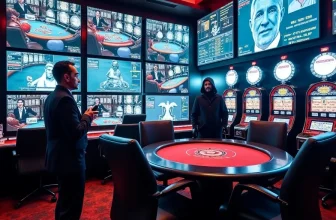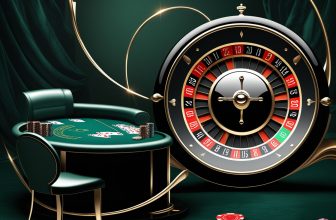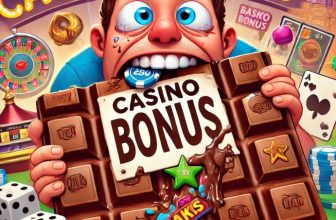According to historians and archaeologists, gambling appeared a long time ago, at least 5-6 thousand years ago. At different times, not only commoners but also the aristocracy were fond of it. In some countries, only noble citizens of the state could spend time on such entertainment. In ancient times, gambling often became part of the culture. They had a serious impact on the development of society and became an integral part of it.
China
The earliest found memories of such entertainment date back to approximately 2,300 BC. Interestingly, it was in the territory of the Celestial Empire that the oldest deck of cards was found. It is hard to imagine, but it is more than 4,000 years old! At that time, the cards were very different from those we are used to. In particular, the Chinese sample had no pictures. They appeared much later, in Persia (present-day Iran). The found deck only depicted numbers and hieroglyphs.
However, the most popular game in China, which is still very much revered by the country's population today, was Mahjong. Scientists disagree on who and when exactly invented this game. Some believe that it was Confucius, others say - the sailor Jie. There are other theories. Another very popular game around the world, invented in China, is Keno. This lottery appeared 200 years BC during the reign of Chung Lung. Interesting fact: the money collected from the Chinese population for playing Keno over several years went to the construction of the Great Wall of China, as well as to provide for the army.
Egypt
Gambling was known in this empire even before it appeared in China. At least, this is proven by numerous artifacts found during excavations. Many of the games of Ancient Egypt were associated with dice, on which various signs were applied. The locals considered such games as Senet, Tyau, Mehen and others popular. Some of the entertainments are mentioned in the famous "Book of the Dead". For example, Senet was known 3,500 years BC! By 1,300 BC, this game turned into a kind of emulator of the afterlife.
Tiau is a rather interesting game, which is considered to be the ancestor of chess. At least, it used a board and figures made of wood or ivory. Since the attributes for the game were very compact, many noble Egyptians carried them with them for entertainment in their free time. Mehen is a game whose history is shrouded in darkness. It is known that in Ancient Egypt there was both a game with this name and a god who bore this name. Which of them appeared first is unknown.
Roman Empire
In Ancient Rome, gambling was held in high esteem. Many of them came to the country from Greece. Historians claim that Emperor Augustus was a very gambling man who never missed an opportunity to play. Various entertainments in the empire were closely connected with dice. At the same time, the games were very popular. For example, in large cities, competitions were often held in which several hundred citizens took part.
By the way, the simple game "Heads and Tails" known today appeared in Ancient Rome. True, it was called "Heads and Head" there. Another gambling entertainment could only appear here. We are talking about totalizators. They were arranged during gladiator fights and chariot races. In the first case, the bets were very diverse: on victory, the duration of the fight, the number of severed limbs, a fatal outcome, etc.
Greece
Ancient Greece is one of the most developed empires of the ancient world. An interesting myth is that the Greeks became gambling thanks to their gods. According to one legend, the world was divided between Zeus, Hades and Poseidon by lot. The arbiters of fate began to rule the underworld, hell and the depths of the sea. By the way, the Olympic Games appeared here. At that time, they were very gambling, because they implied making a bet on winning.
The ancient Greeks loved playing dice, so they used dice to resolve disputes for centuries. The inhabitants of the empire were sure that the appearance of a particular position on the dice was not a coincidence, but the will of the gods. Some Greeks still use this method of resolving disputes today.







